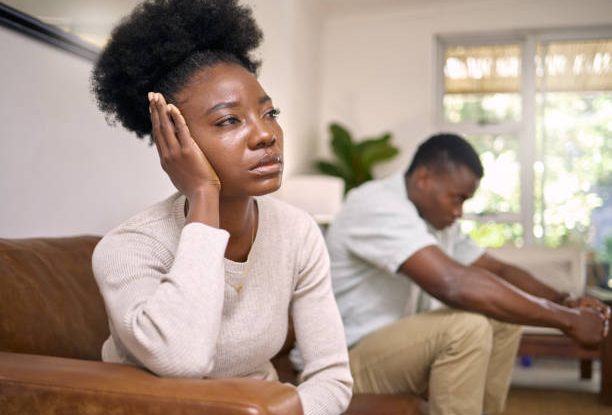
Are Old Wounds Affecting Your Present Relationship? Let’s Work Toward Healing.
Marriage and relationships are beautiful, but they can also be challenging. At their core, relationships require trust, vulnerability, and mutual understanding. However, when old wounds—whether from past relationships, childhood experiences, or even past conflicts within your current relationship—remain unresolved, they can quietly wreak havoc on the love and connection you share with your partner.
The Impact of Old Wounds
Unresolved emotional wounds often resurface in ways we don’t expect. They can show up as:
- Mistrust: You may find yourself doubting your partner's intentions or honesty, even when there’s no reason to.
- Fear of Vulnerability: Opening up feels like a risk, leaving you guarded and unable to fully connect.
- Repeated Arguments: Similar conflicts keep arising, seemingly out of nowhere, but they often trace back to unhealed pain.
- Insecurity: You may feel unworthy of love or become overly dependent on reassurance from your partner.
These patterns don’t just strain your relationship; they can also lead to emotional exhaustion for both you and your partner.
The Path Toward Healing
Healing old wounds takes intentional effort, patience, and sometimes professional guidance. Here’s how you can start:
1. Acknowledge the Pain
The first step is recognizing that the wounds exist. Denying or ignoring past hurts only allows them to fester. Take time to reflect on what triggers emotional reactions in your relationship and explore their roots.
2. Communicate with Your Partner
Talk openly with your partner about your feelings and struggles. Let them know how past experiences are impacting your current relationship. A supportive partner can provide reassurance and understanding as you work through the pain.
3. Seek Forgiveness and Reconciliation
If your wounds stem from unresolved issues in your relationship, work toward forgiveness. Forgiveness doesn’t mean forgetting, but rather releasing the grip of resentment to make room for healing.
4. Engage in Counseling or Coaching
A marriage counselor or relationship coach can help you uncover and address the root causes of your pain. They provide tools and strategies to foster healing and build stronger communication skills.
5. Practice Self-Compassion
Healing isn’t just about what your partner can do for you—it’s also about what you do for yourself. Be kind to yourself and recognize that growth takes time.
The Rewards of Healing
When old wounds are healed, your relationship becomes a sanctuary instead of a battlefield. You’ll experience:
- Deeper Connection: Open communication builds trust and emotional intimacy.
- Renewed Trust: Past hurts no longer dictate your actions or perceptions.
- Healthier Conflict Resolution: You'll approach disagreements with understanding and patience.
- Freedom from the Past: Healing allows you to be fully present in your relationship, fostering growth and joy.
A Call to Action
Old wounds don’t have to define your relationship. Healing is possible, and the rewards are worth the effort. Whether you’ve been married for decades or are just starting your journey together, addressing past pain is a vital step toward a thriving partnership.
If you’re ready to begin the process of healing and strengthening your relationship, consider seeking support. Whether through a trusted mentor, therapist, or relationship coach, guidance can make all the difference.
You and your partner deserve a relationship that is not weighed down by the past but instead filled with love, trust, and hope for the future. Let’s work together to make that a reality.

